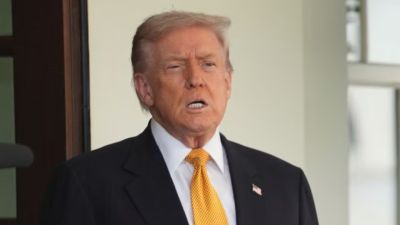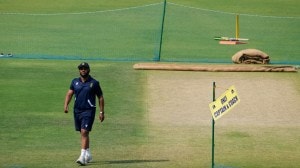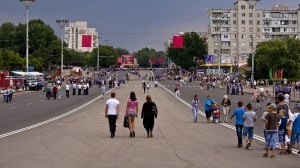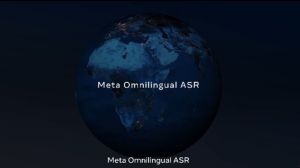I didn’t say so, says Nanavati
Justice G T Nanavati, head of the commission investigating the Godhra and post-Godhra riots, who has been criticised for his comments that t...

Justice G T Nanavati, head of the commission investigating the Godhra and post-Godhra riots, who has been criticised for his comments that there was no evidence of any serious lapse on the part of police or the administration in curbing the clashes, says he has been misquoted.
On Sunday, a news agency had quoted him as saying: ‘‘Evidence recorded so far did not indicate any serious lapse on the part of the police or administration in controlling the communal clashes.’’
That statement drew widespread criticism, for the commission is yet to record evidence from the worst-affected Ahmedabad and Vadodara districts, in which riot victims had alleged police inaction and breakdown of law and order.
On Monday, however, Nanavati told The Indian Express on phone from New Delhi: ‘‘I had said that so far no serious allegation had come on record against the police and the administration during the district-level hearings.’’
He explained that ‘‘this does not include the hearings conducted with regard to the Godhra incident and affidavits which have been filed before the commission.’’
Since its appointment on March 6, 2001, the commission has received over 3,000 affidavits from riot victims. Nanavati said some of them included allegations ‘‘against a few police officers from some districts.’’ Even so, former judges and lawyers question statement — chiefly the fact that it was made before the commission has even completed recording evidence.
Former high court judge A S Qureshi, who has headed three inquiry commissions, described Nanavati’s statement as ‘‘indiscreet’’. ‘‘At this stage such a statement should not have been made,’’ Qureshi said. ‘‘This is a quasi-judicial proceeding and it is only through its report that it can reveal its findings.’’
Former chief justice of the Gujarat High Court B J Diwan, too, said Nanavati should not have made the statement. ‘‘Normally, an inquiry commission gives its findings in the form of a report. And though such a statement should not have been made, if it has been made it can be construed as an interim report,’’ he said.
Others ask why the commission has failed to turn up any evidence of police inaction or breakdown of law and order. Says former Gujarat High Court judge A D Desai: ‘‘The question is why no such evidence has come on record and why the government has not made any inquiry in this regard.’’
Desai also wondered why political parties — who did blame the police — did not work to present any such evidence they might have found on record. Noted advocate and human rights activist Girish Patel says the main reason for evidence not coming on record is that it is being sought more than a year after the incident.
‘‘And the credibility of the evidence, too, will be in question, when it is being gathered so late,’’ he said. Patel says Nanavati should not have made the statement at this juncture as it ‘‘pre-judges the process of inquiry.’’
‘‘Surfacing of evidence depends on how it has been marshalled. And when it has been sought after an year of the incident, victims tend to play safe to avoid any confrontation,’’ he said.
‘‘Moreover, the police and the administration is the only organised party in such a proceeding. They are always ready with facts to justify its stand while the victims are unorganised and without any guidance.’’
Another human rights lawyer, Mahesh Bhatt, is blunt: ‘‘At many places victims have been physically prevented from deposing before the commission. And even those who give evidence are under tremendous pressure.’’
The commission’s proceedings so far have seen that happening frequently. No one from Pandarwada village — where 27 Muslims were massacred— turned up for the hearing. The two witnesses who came to depose at Nadiad only spoke about the compensation — not in the commision’s domain.
And again from Por village in the Gandhinagar district — where over 400 Muslims were attacked — no one turned up to depose against police or administrative inaction.
Those who did only spoke about non-receipt of compensation or of difficulty in return to their villages.



- 01
- 02
- 03
- 04
- 05




























